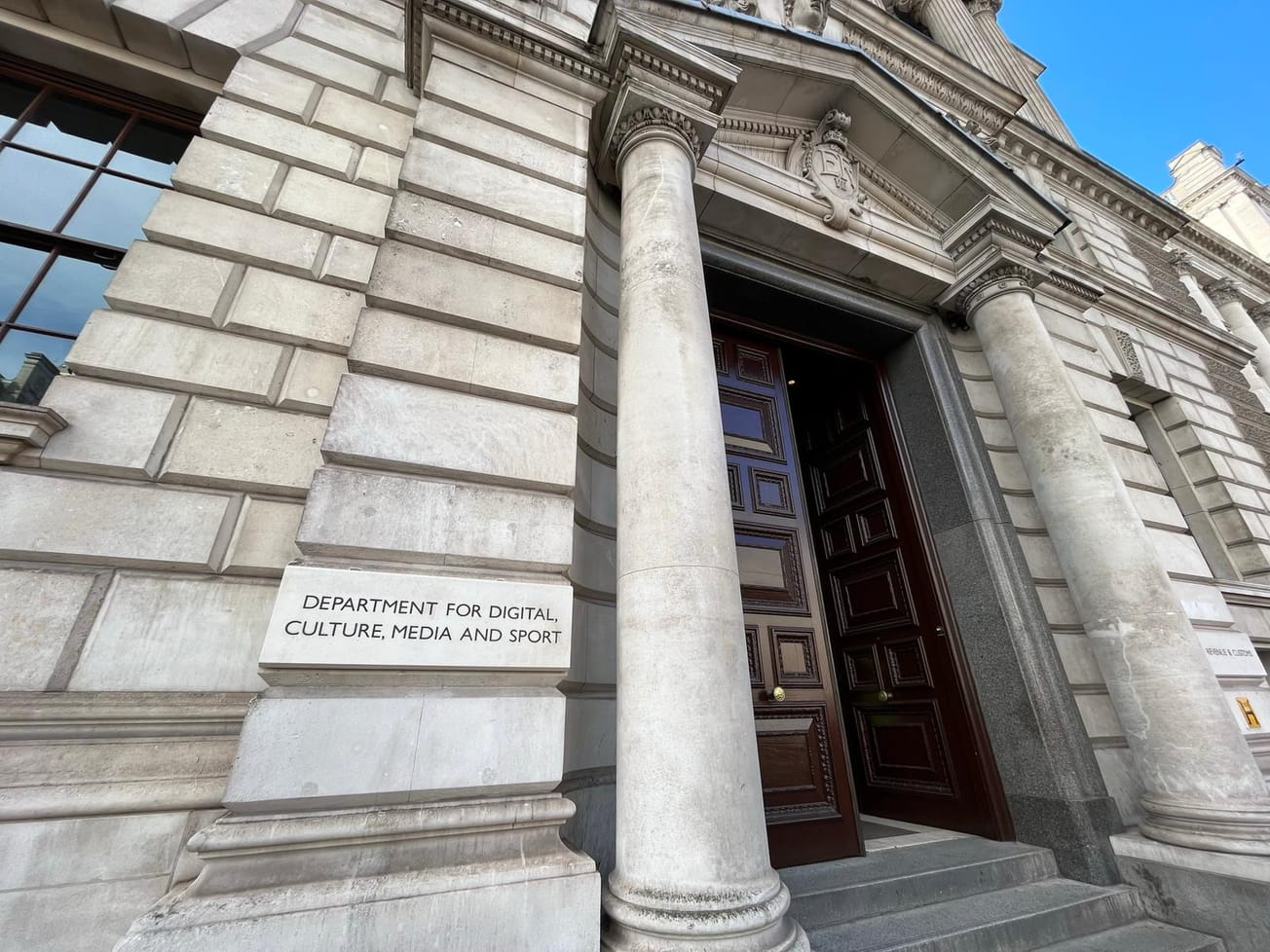What do you do when there's an opportunity to end a war that has cost the lives of 220,000 people, but then it's rejected? Noa Leach and Marco Barbato spoke to students about their views on direct democracy.
After 52 years of brutal conflict and almost six years of negotiations, the government of Colombia and the Revolutionary Armed Forces of Colombia (or the FARC) reached a peace deal.
The FARC originally consisted of farmers and workers, forming an armed wing of the Communist Party to fight the extensive disparities that plagued the country. The rurally based fighters primarily attacked police forces, but have also killed and kidnapped for ransom thousands of civilians.
There are now 6,000-7,000 fighters within the FARC, which is down from the high of 200,000. Increased governmental funding in the police force has significantly weakened the guerilla group, which may have pushed them to negotiate a peace deal.
Colombia's hopes for peace now depend as much on domestic politics as on renewed talks with the FARC https://t.co/9LYfnzHbd6 pic.twitter.com/3lOnDvhccQ
— The Economist (@TheEconomist) October 8, 2016
However, on the 3rd of October the deal was rejected by 50.25% of the Colombian population. This made it an even narrower decision than the famously tight Brexit vote, which saw 52% of British voters controversially deciding to leave the EU.
We spoke to Colombian students in Bristol to see how the the referendum has affected them, at home or as an international student, and if they saw parallels with the EU referendum.
Dentistry student Jessica Gaviria spoke about voters’ discontent with their current president, Juan Manuel Santos. As with Cameron, several votes were cast against the president rather than the deal itself – except Cameron resigned and Santos was awarded a Nobel Peace Prize for his peace efforts.
‘I feel like the world is not going in the right direction’Certain claims were also sensationalized by the opposition, says Jessica, ‘so a lot of people voted based on claims that had no truth or evidence.’ The Leave campaign in the British referendum similarly ‘played on fears based around immigration and Syrian refugees.’ The outcomes of the referenda were similarly affected by geography, according to student Carlos Noriega. In the rural areas where the FARC performed ‘really atrocious [acts] and displaced more people than in Syria, the Yes won with 80% or higher,’ whereas in cities people seemed to be oblivious to the levels of violence and largely voted ‘no’.
The result, as in Britain, might have been different if more people had voted: ‘we were 60,000 votes away,’ said Carlos, ‘and we probably would’ve got there if the other 20 million people in the country voted’.Medellin, which voted ‘No’ to the peace agreement with the FARC, massively took to the street on Friday to demand peace. pic.twitter.com/QDLX6O4VJp
— #Peace4Colombia (@PeaceForCOL) October 8, 2016
‘I was hoping for the peace deal to be accepted’Jessica’s long term residency in the UK meant the outcome had ‘no real practical implication’ on student life, but that ‘emotionally it has caused a lot of disappointment and worry that the peace process which seemed so close is now not as close as we thought.’ Carlos was shocked by the outcome of both results: ‘I feel like the world is not going in the right direction. How does the Nobel peace prize go from Nelson Mandela and Malala Yousafzai to Juan Manuel Santos?’
‘It’s like negotiating with ISIS.’However, like Brexit, the electorate was completely divided. Half-Colombian politics student Anne-Lise was concerned about the prospect of the FARC members becoming politicians: ‘The peace deal agreed to let the FARC be an official political party. The members of the FARC would've been paid three times an average Colombian wage. People think, so they tortured us for years, kidnapped us, raped, bombed, killed and now we should pay taxes to reward them?
‘It’s like negotiating with ISIS.’
‘Now we’re on the same boat of uncertainty,’ said Carlos, linking Colombians and Brits together in a statement that summarizes the unstable future of both countries.
News of a successful peace deal could have pacified Europeans, whose current media is dominated by themes of national discord and terror attacks. Ironically we are all united in a common theme of division. In a time of global uncertainty these close referenda only further the uneasiness which feeds and is fed by extremist groups. With this insecurity also comes an emerging fear of the referendum system – and a worsening positive feedback loop. So what does this mean for the upcoming Italian referendum – or even on the local scale, the NUS referendum? ‘I can imagine you were as passionate about the [EU] referendum as I am for peace,’ says Carlos. ‘Now we can only hope for the best outcome.’Civil conflict in #Colombia between the government and the #FARC has left over 200,000 dead. Get the background: https://t.co/fwX6eHDE5c pic.twitter.com/oZb2d3mHqf
— CFR (@CFR_org) October 8, 2016
Do you think direct democracy has become redundant? Let us know in the comments or tweet us at @EpigramFeatures









